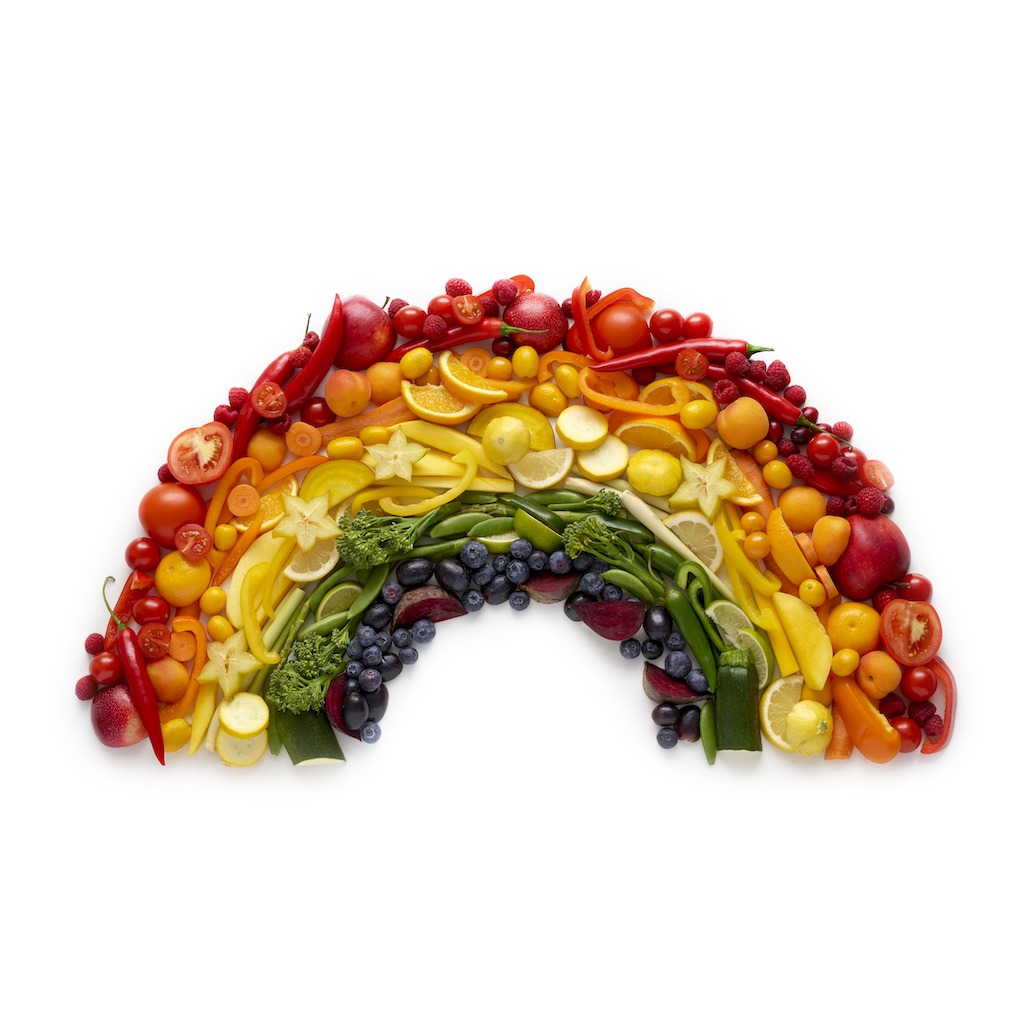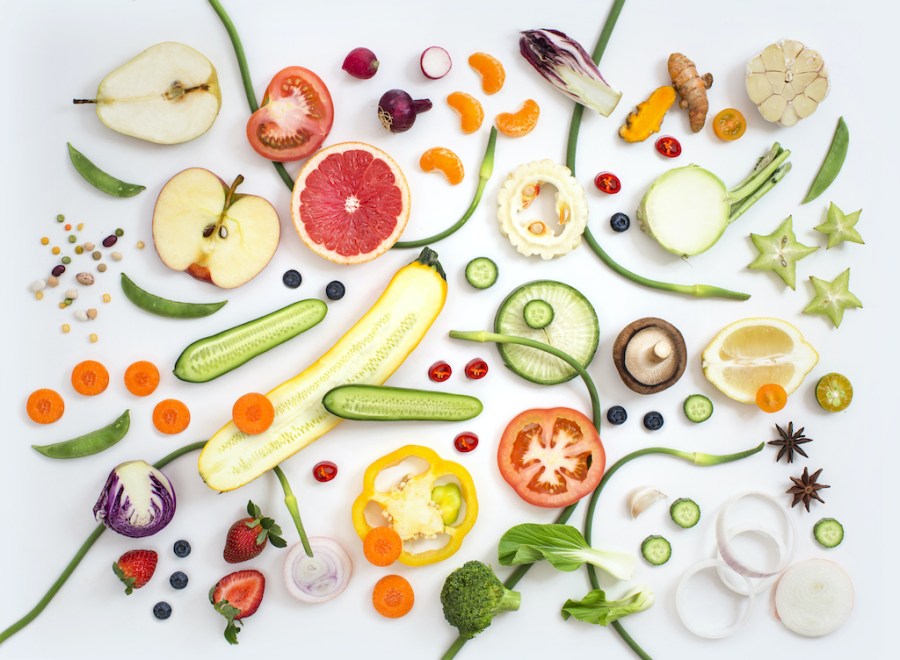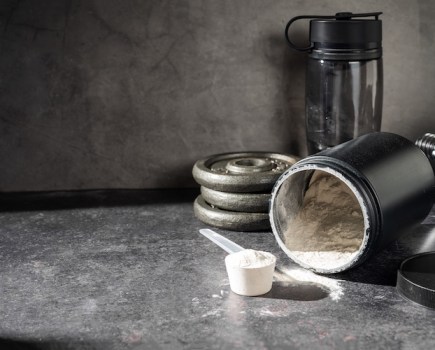Nutritionist Aliza Marogy, founder of clinical supplement company Inessa, reveals the nutrients you need to keep your body’s systems firing on all cylinders.
With the rapid spread of Covid-19, people are looking for various ways to avoid catching the virus. In addition to good hygiene, avoiding social contact where possible and self-isolating, we should be paying attention to our general health to help boost our immune response and ability to fight the virus should we be exposed.
The human body needs quality sleep, sufficient nutrient intake and regular exercise to maintain a healthy immune system. Reports of people stockpiling pasta, ready meals and other processed foods are concerning – these are fine as staples, but if you want to support your immune system and nourish yourself, there are more healthy foods you should be stocking up on.
Here are some nutrients to strengthen your immune system naturally…

‘Eat the rainbow’ to ensure you’re getting all the nutrients you need | Photo: Getty
Phytonutrients
Eating a wide range of fruit and vegetables will provide you with a spectrum of antioxidants, vitamins and minerals. Choose a variety of plant foods of different colours. The pigment you see in the skin of yellow foods or purple foods for example, are as a result of the nutrients they contain, so by eating foods of different colours you’ll ingest a spectrum of vitamins and minerals – without having to think about it too much.
Vitamin C
You can find vitamin C in abundance in fruit and vegetables such as berries, broccoli, citrus fruits, peppers and parsley. Foods rich in vitamin C also contain other nutrients that benefit us and often contain fibre, too, making them superior to using a supplement alone.
Zinc
Often added to medicines and supplements, as it’s been shown to activate enzymes that break down proteins in viruses and bacteria. Foods containing zinc include shellfish (especially oysters), meat, beans and other pulses, nuts and seeds, mushrooms, spinach, and dairy products such as cheese.
Vitamin D
Vitamin D is essential for the function of a healthy immune system, and a deficiency is linked with increased susceptibility to infection. It’s difficult to get sufficient amounts from food – the main way our body synthesises vitamin D is in response to sun exposure.
As a result, the government guidelines recommend that we take a supplement throughout the winter months, so if you’re not, it’s worth considering. Experts recommend that a dose of around 2000iu daily is optimal for most adults, and make sure you choose the D3 form rather than the inferior D2 supplement.
Garlic
Most of us know that garlic has antiviral properties. The compound responsible for this action is called allicin, a compound which is formed when garlic is crushed or chopped. To get maximum benefit from garlic, mince it and let it sit for 15 minutes before consuming raw, rather than cooked. You don’t need to eat masses, just add ½ a clove daily to your food.
Fibre
Fruit, vegetables and wholegrains all contain fibre, the food needed to keep a healthy balance of ‘good’ bacteria in our gut. With the microbiome being linked with our immunity, it’s important to look after the health of our gut as well, particularly at this time.








